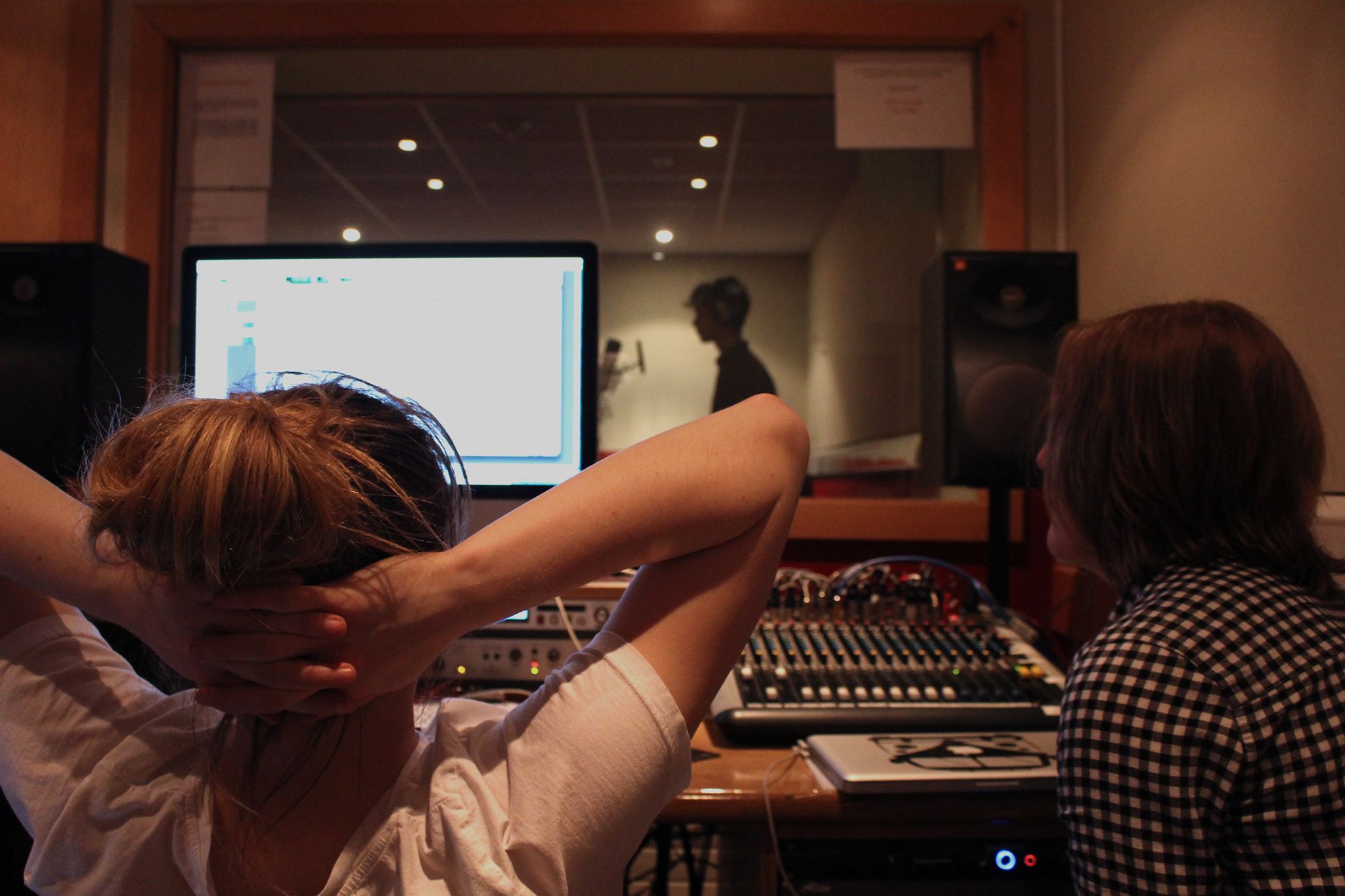March 8th marked International Women’s Day. Social media, as ever, was buzzing with details about conferences and events celebrating women’s achievements in various fields.
One such event caught my eye. It was a panel discussion about the barriers and challenges faced by women in audio (particularly radio and podcasts), and how we can make the industry more inclusive. This, of course, is a topic that’s very close to my heart. But I was dismayed to see that every woman on the panel was either a radio DJ or a podcast host. There wasn’t a single producer, editor, engineer, or sound designer. No technical or “behind the scenes” role was represented.
Of course, it’s important to hear the perspectives of on-air talent. All women in audio, regardless of their specific roles, are fighting for recognition in a male-dominated industry. But this is exactly why we need to hear those other perspectives too. In focusing exclusively on hosts/presenters, the organisers of events like these are only giving one side of the story. They’re overlooking women in other audio roles whose experiences and insight are equally valuable, which is ironic considering women in audio as a whole tend to get overlooked anyway, hence the need for conversations about inclusion in the first place.
That’s not to say women with hosting experience can’t also produce or edit. I started out presenting radio shows in college and have also narrated documentaries and hosted podcasts. However, my first love is producing/editing/mixing audio. It’s what I trained to do during my Master’s in Radio Production, and it is my job first and foremost. I know of many women in radio who juggle presenting and producing, and plenty of podcasters who edit their own content. But it would be nice if more of these panels included women who are not the voices we hear on the air, but rather the silent superheroes making sure what we do hear sounds amazing.
I see parallels with women in the music industry. As I sat down to write this blog, I had just finished reading a wonderful book by Christine Feldman-Barrett called A Women’s History of the Beatles. In one particular chapter, she writes about how, for women pursuing careers in music in the 1960s, singing was considered a more “feminine” (and therefore acceptable) occupation than playing an instrument or songwriting. To this day, I think we have a tendency to overlook women musicians (who don’t sing) in favour of women vocalists (who don’t play instruments). It’s a similar story in radio and podcasting. Those whose voices we can hear usually receive more recognition than the people working behind the scenes.
It’s a problem that also applies to the radio industry generally, regardless of gender. I’ve come across many people who believe that the presenter just turns up and does the show. They don’t seem to realise how much work goes into putting it all together, and how many other people it often takes to make that happen. The question I was asked most frequently about my work in radio was: “Do you have your own show?” When I explained what I actually did, their eyes would glaze over.
In my experience, it’s hard enough for producers, editors, sound engineers, etc. to be recognised as it is, without also being excluded from important discussions about women in the industry. We’re all doing equally important work, whether we’re behind the mic or not, so let’s celebrate that.
